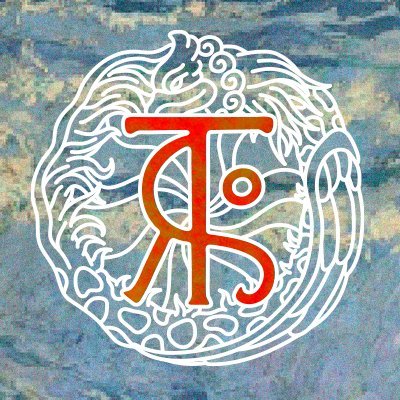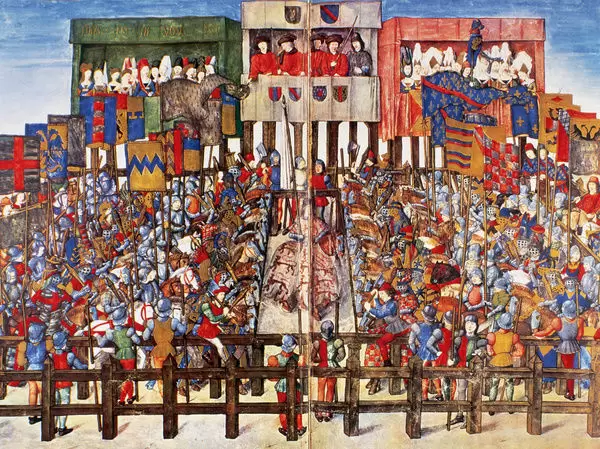Absolutely in love with Arnold Friberg's (1913-2010) paintings of scenes from the Book of Mormon. It's the most insane yet lusciously realised combination of Ancient Levantine and Mesoamerican aesthetics, like something out of an alt-history project, portrayed by a master-painter
Armour by stone-age-tech peoples in historical times is crazily unappreciated. From left to right: Kiribati, Huron and Tlingit.
There is no reason Pleistocene humans could not have manufactured similar equipment. Our hominid relatives scarcely stood a chance.
An exemplary case of our patronising view of Palaeolithic ppl seems to me the huts found at Ohalo II, Israel. These were simple structures, constructed out of branches and grasses in circular forms. Simple, yet not inept - so why do artists portray them as mere bundles of sticks?
The Middle Ages were not a drab and dreary age, during which the sun's light was permanently tinted greenish brown. Au contraire, though of course their sanitation and luxury could not match ours today, it was an extremely ornate and festive culture.
@juandertal There are indeed some moving ahead on this - @TomBjorklundArt is also very good on this (even though he does really like his brown!). If you do try to produce any reconstructions in this vein, I'd love to see them. I intend to write on this area on @Theextinctions
(3) To begin our exploration of Japan's creation, we have to go back - far, far back, to the cold and desolate world of the Pleistocene, perhaps 40,000 years ago, when the Japanese archipelago was still connected to the mainland, and the first humans reached the area.
The Advent of Japan - a thread
(1) The Japanese archipelago today is one of old, entrenced cultures, political unity & relative ethnic uniformity. Yet the Yamato - the proper name of those often called simply the "Japanese ppl" - are not the only, nor the first on the islands
The fact that archaeological and limited linguistic evidence indicates languages related to Japanese were spoken in what's now Korea into early recorded history is a fascinating fact
THREAD: From Vicus to Bogatyr - the story of a remarkable Wanderwort.
"Wanderwort", German for (great shock) "wandering word", is a term for a loanword that has leapt from language to language, at times ending up in the most unlikely of places. The word "vicus" is such a case.






















